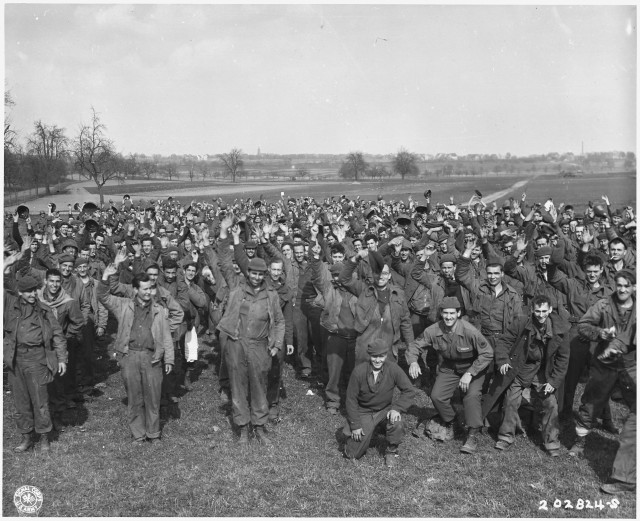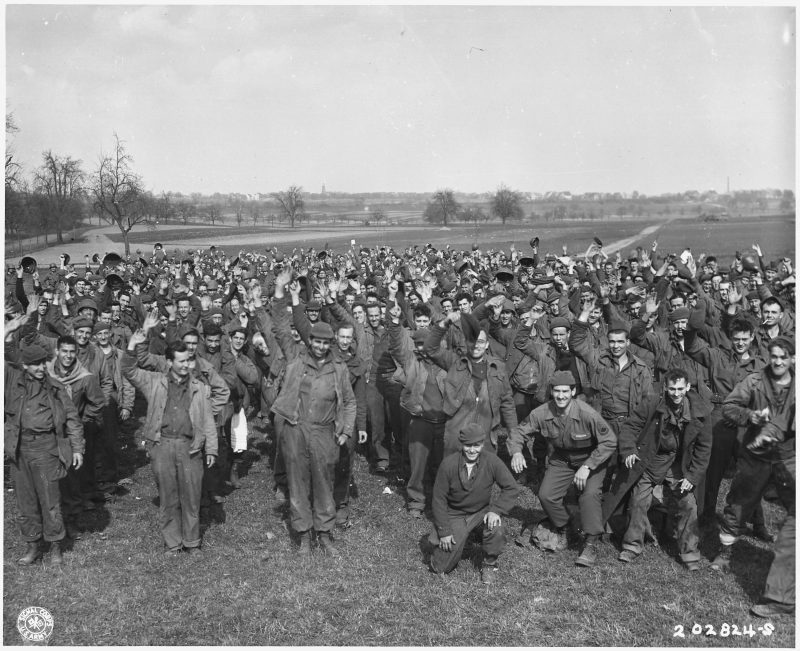
Towards the end of World War Two, Captain Robert Timble of the US Army had carried out around 35 bombing raids on important Nazi locations and his tour of service was officially over.
Back in his home town in Pennsylvania his wife had just given birth to his daughter and it was the ideal time for him to return home. But Robert, who was 25 at the time, decided to agree to take part in a dangerous secret mission and rescue attempt to recover Allied prisoners of war who were stuck in Soviet territory.
The mission remained a secret until just before he died in 2009 when Robert was able to tell the daring story of his mission to his family.
The story has now been told in a new biography of Robert’s life, written by his son Lee called Beyond the Call.
It was early 1945 and around 100,000 US and British troops were being held by the Nazis as prisoners in freezing and terrible conditions in Poland. Even though the Soviet Red Army was making good progress advancing from the east, this was no consolation to the prisoners of war. Stalin notoriously thought prisoners of war were traitors or deserters and so his army were not going to be friendly to the prisoners when they arrived.
Most of the time British and US troops were treated a little better than any Soviet soldiers found in camps. But they would simply be set free, without weapons or food and with no way to get home.
With so many troops being freed in Poland, Allied commanders decided to send a small mission into enemy territory to help evacuate the soldiers.
Robert and his team were first sent to Ukraine where they were to be based, making regular trips into Poland to locate any British and USA soldiers or prisoners who needed help. Their first find was a group of two dozen US soldiers found starving in a barn in the Ukrainian countryside.
They smuggled the soldiers to the nearest town of Lviv, and onto a train bound for Western Europe, the Mirror reports.
The group went on to find random British and US soldiers begging for food and helped them to reach the British Embassy in Moscow.
They also found a group of 400 French women who had been sent to Eastern Europe to act as labourers and slaves for the Nazis, but now they were just wandering around, starving and with no way home. The group of rescuers stopped a train near Lviv to allow the women to get on board and back to civilisation.
By the time the Nazis officially surrendered in May of the same year, Robert and the mission team had smuggled hundreds of soldiers and civilians out of danger.
Robert’s son Lee says that his father always wished he could have done more for those stuck in Poland near the end of the war. French authorities awarded Robert the Croix de Guerre for his actions.
